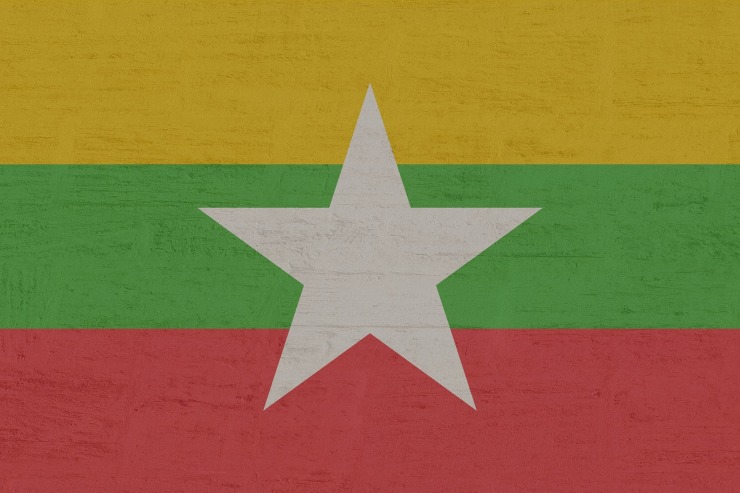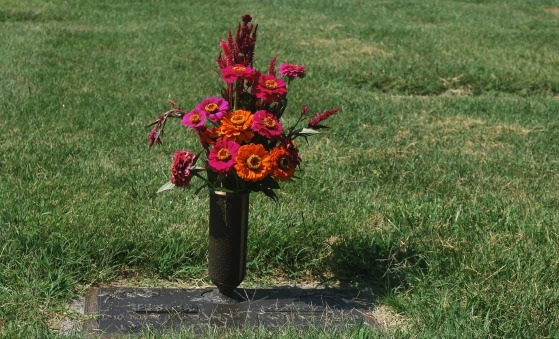
Myanmar’s military junta desecrated a Catholic church, using it as a kitchen for its soldiers, and laid landmines around the building in the ethnic minority Shan state, where it has intensified fighting against local defense forces since the February 2021 coup.
The junta occupied the Mother of God Church, which belongs to the Pekhon diocese, in southern Shan state’s Mobye town for several days, urging parishioners not to go near the building as the army had laid mines near it, before vacating the church last week, UCA News reported.
The church was occupied as a shield while the military used air strikes and heavy weapons, which led to the destruction of over 100 homes and displacement of more than 5,000 people.
Local defense forces posted a video on social media that showed the dirty floor of the church with pews covered with dust and cooking pots and military uniforms lying inside the building.
At least six parishes in the Pekhon diocese have been abandoned while churches, including Sacred Heart Cathedral, have been repeatedly attacked and damaged due to the ongoing conflict.
In July, Amnesty International said in a report, based on its on-the-ground investigation in conflict-affected parts of the neighboring Kayah state, that the junta was committing war crimes by laying internationally banned antipersonnel landmines on a massive scale in and around villages.
“At a time when the world has overwhelmingly banned these inherently indiscriminate weapons, the military has placed them in people’s yards, homes, and even stairwells, as well as around a church,” said Matt Wells, Amnesty International’s crisis response deputy director of thematic issues.
Formerly known as Burma, the Southeast Asian country is home to the world’s longest Civil War, which began in 1948.
The conflict between the country’s military, locally known as Tatmadaw, and ethnic minority militias escalated after the 2021 military coup, as the ethnic militias have been supporting pro-democracy protesters. The conflict zones are along Myanmar’s borders with India, Thailand and China.
Christians make up just over 7% of the majority-Buddhist nation. But Christians are a majority in Chin State, which borders India, and Kachin State, which borders China, and make up a substantial part of the population of Kayah State, which borders Thailand.
In June, multiple reports, including the U.N., revealed that Myanmar’s Buddhist nationalist junta had disproportionately targeted religious minorities, including Christians, and brutally attacked and killed hundreds of children since the military coup.
Tom Andrews, the U.N. special rapporteur on the situation of human rights in Myanmar, said in a report at the time that “the junta’s relentless attacks on children underscore the generals’ depravity and willingness to inflict immense suffering on innocent victims in its attempt to subjugate the people of Myanmar.”
Focusing on the killing of children, the U.N. rapporteur said during his fact-finding for the report, “I received information about children who were beaten, stabbed, burned with cigarettes, and subjected to mock executions, and who had their fingernails and teeth pulled out during lengthy interrogation sessions.”
Since the coup, the military had killed at least 142 children in Myanmar, the U.N. report added. “Over 250,000 children have been displaced by the military’s attacks and over 1,400 have been arbitrarily detained. At least 61 children, including several younger than 3 years of age, are reportedly being held as hostages. The U.N. has documented the torture of 142 children since the coup.”
Myanmar is ranked No. 12 on Open Doors USA’s 2022 World Watch List of 50 countries where Christians face the most severe persecution. The persecution level in Myanmar is “very high” due to Buddhist nationalism. Burma is recognized by the U.S. State Department as a “country of particular concern” for egregious violations of religious liberty.
Courtesy of The Christian Post.




